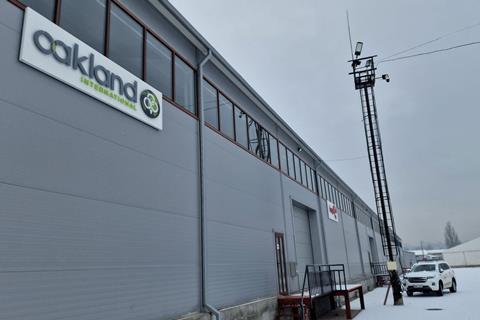
Ukrainian producers will have better access to UK markets as the opening of a new warehouse in Moldova provides a much-needed supply route out of the war-torn country.
British logistics company Oakland International is opening a new warehouse near the Moldovan capital of Chișinău to help carry goods out of the conflict area and into other countries in Europe.
The new distribution centre is in close proximity to the southern Ukraine border and just over 120 miles from the port town of Odesa, a key trade area heavily targeted by Russian troops in attempts to disrupt supply chains.
Oakland’s CEO Dean Attwell said Moldova was “the obvious warehouse location” and that the company was actively working to provide “a subsidised back-haul solution primarily for Ukrainian producers to access the UK retail and foodservice markets”.
The supply chain specialist does business with an array of UK supermarkets including Tesco, Sainsbury’s and Asda.
“[This] will not only help stimulate economic recovery but offer a hand-up and not a handout, equipping them to be self-sufficient and create new jobs for local people,” Attwell said.
The new warehouse rental agreement will be fully funded by Oakland for a minimum of five years.
Attwell said the facility will operate as an inbound-outbound consolidation centre that also allows the flow of humanitarian aid goods into Ukraine.
Oakland will provide “full transparency on humanitarian aid received and dispersed to those who are in desperate need on one hand whilst then facilitating exports as backloads from Ukraine and Moldova to assist with economic regeneration and support”, he added.
The announcement comes as Ukraine marks the first anniversary of the war.
The untold story of war: how Ukraine is fighting to feed itself
One of the biggest issues for Ukrainian exporters trying to get goods out of the country since the conflict started is the extent of its impact on the logistics sector.
In addition to key freight routes suffering major infrastructure damage, many of the country’s trucks have also been diverted to aid response.
It is the responsibility of UK retailers and fmcg multinationals to help Ukrainian producers strengthen their ravaged supply chains to get their products out, said Damian McKinney, CEO of vodka maker Stoli.
McKinney, whose company currently makes its vodka in Ukraine, urged international manufacturers and retailers to return to Ukraine.
“The easy answer is to say ‘this is too difficult’ – we’ve all had supply chain challenges and logistics challenges, but frankly there is a cost to fair trade and we as businesses have a responsibility to our customers and others to do things in the right way.
“If you’re a grocer and you’re looking for a particular category then by definition you will always look for diversity in terms of where they come from.
“If we’ve got those in Ukraine, why would you not look there first to find those products, and then get capable people around the table to find ways to solve the supply chain challenges that come with it.”







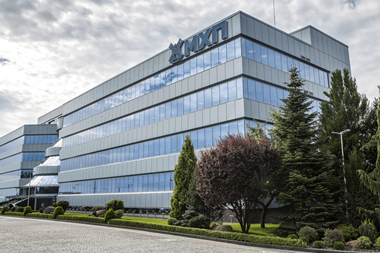
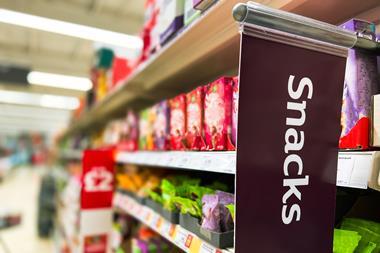
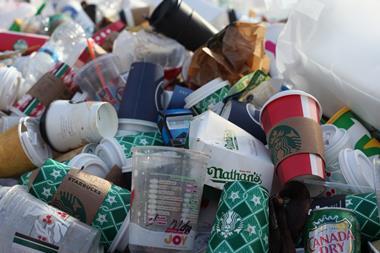
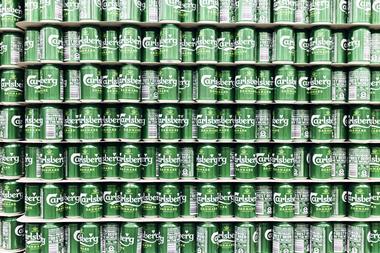
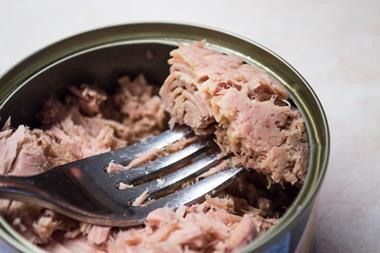
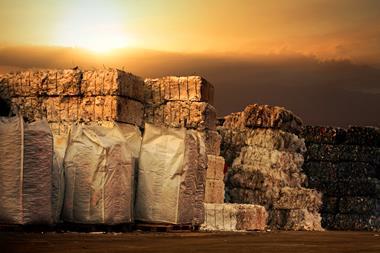
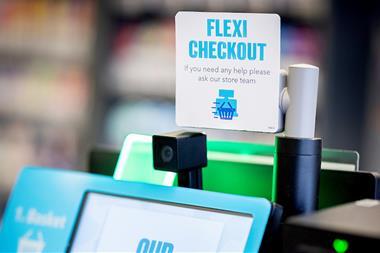




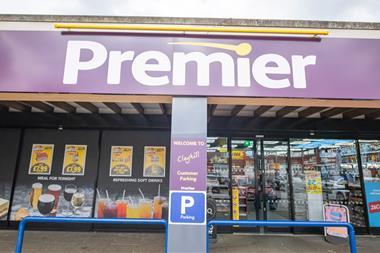
No comments yet